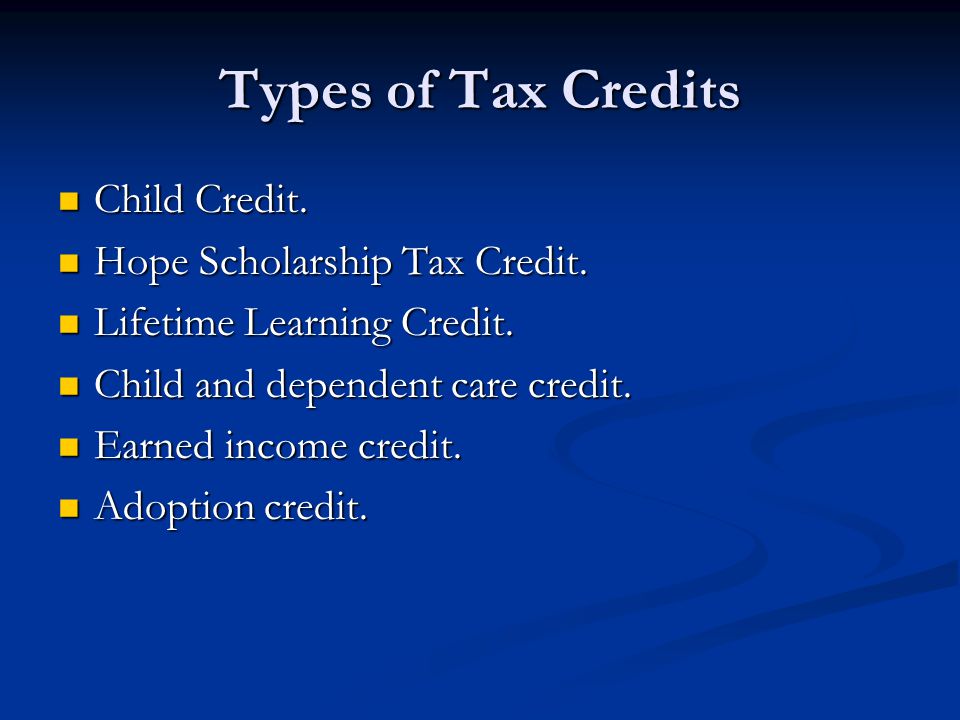
Renewable fuels can be defined as energy sources that are made from renewable resources. Examples include hydrogen fuel and biofuels. They are distinct from other non-renewable energy sources, such as natural gas, petroleum, LPG, or other fossil fuels. These sources could also include nuclear fuels. There are numerous projects underway right now to develop new fuels and the technology to make them.
Cellulosic biofuels
Cellulosic fuels are renewable and clean energy resources derived from biomass. This source of energy holds great potential to help the US attain energy independence. The National Renewable Energy Laboratory, based in Golden Colorado, works on cellulosic ethanol from 1995 to date. This company is responsible for the National Bioenergy Center, which developed cellulosic fuel ethanol as an economical alternative to gasoline.

Biodiesel
Biodiesel comes from renewable resources and has a cleaner burn than petroleum diesel. It also has lower emissions than petroleum and is biodegradable (as fast as sugar). It offers many economic and environmental benefits. Biodiesel can be produced locally from sustainably grown crops. Some projects even make biodiesel from kitchen waste.
Bioethanol
Bioethanol, a renewable fuel, can be produced by fermenting sugars and oxygen. The process is carried out by yeasts, which are facultative anaerobes that live in sugar-rich environments. You can either isolate yeasts from their natural environment or grow them in culture. Yeasts are used for bioethanol production. For bioethanol production, yeasts from nature are the best choice because they are more efficient in converting sugars to ethanol.
Biomethane
Although the biomethane-renewable fuel industry is quite small, there are significant opportunities for growth. It can also be used in existing infrastructure. The growth of the biomethane industry depends on policies aimed at decarbonising the gas supply.
Bio-diesel
Bio-diesel can be described as an alternative fuel, which is made from renewable resources. It is used in construction and manufacturing industries, as well as being one of the most preferred fuels by the U.S. government. As the demand for diesel-powered cars decreases, this renewable fuel is expected grow in popularity. Diesel-powered vehicles currently account for 1% in passenger vehicle sales in America.

Bio-ethanol
Ethanol, a renewable fuel, is made from the fermentation of carbon-based materials. These feedstocks can be considered renewable as they are able to use sunlight for energy and return the land all the nutrients they used for growth. These feedstocks include sugar cane, sugar beets and bagasse as well as cellulose wastages.